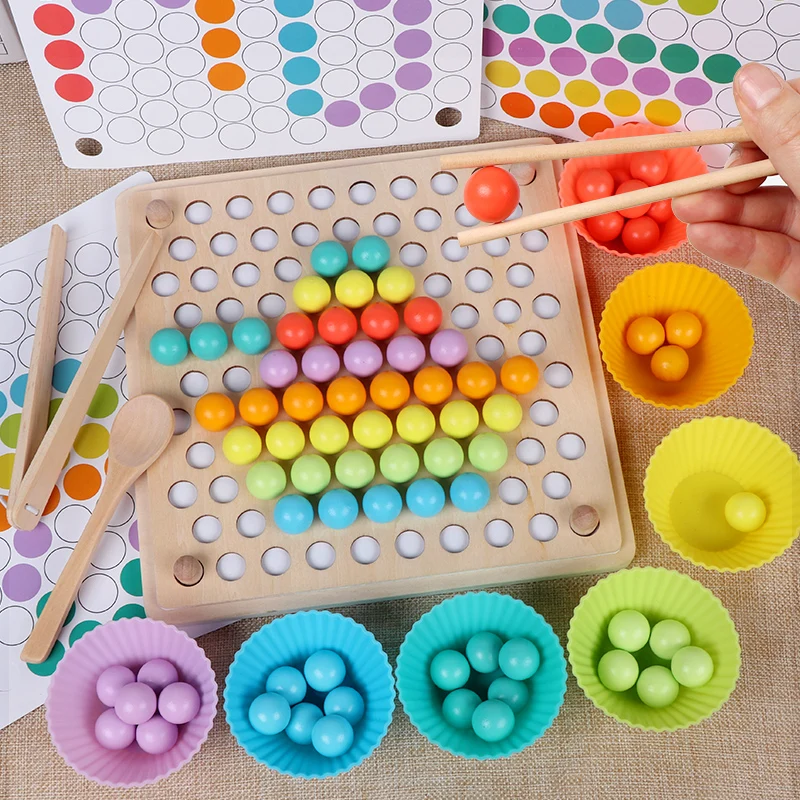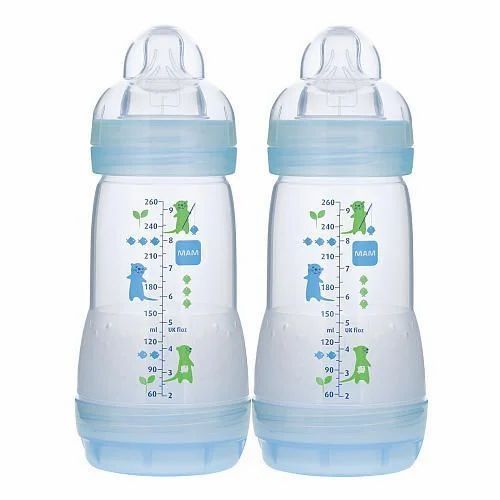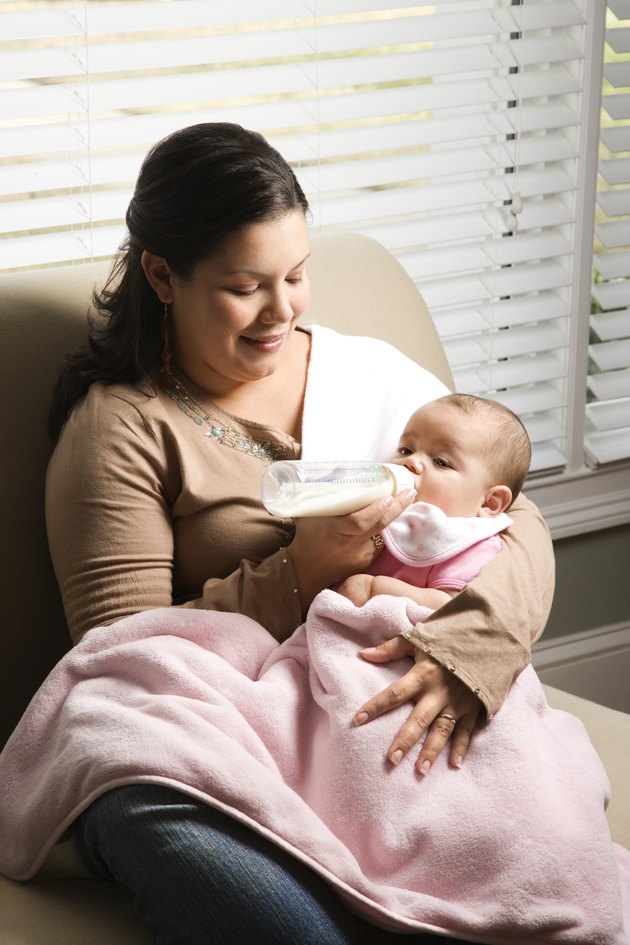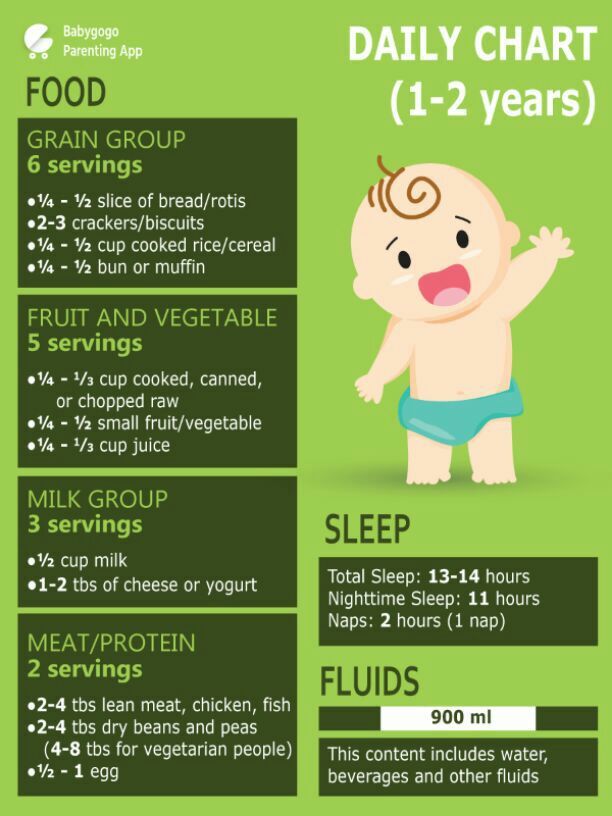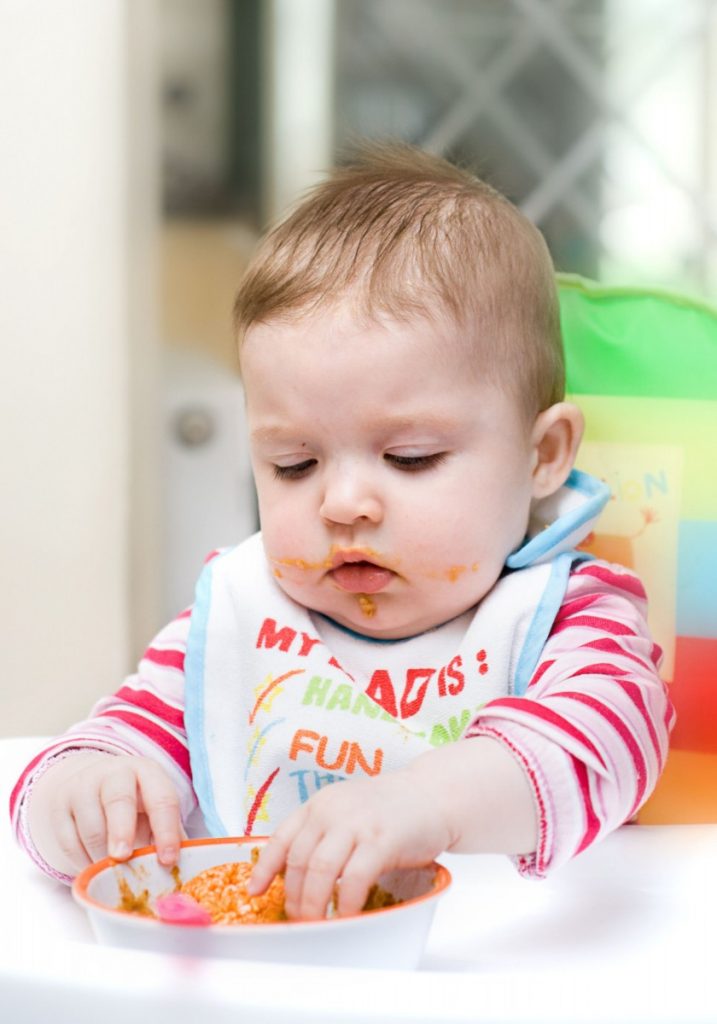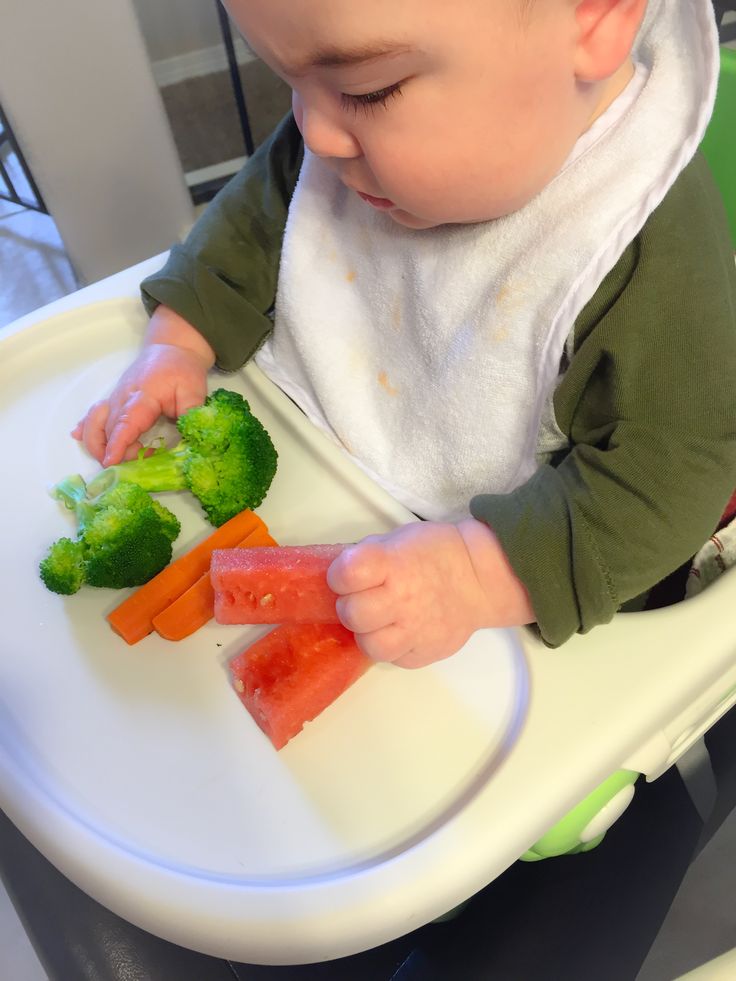Why does my baby take so long to feed
Feeding Your Baby - Is It Taking Too Much Time?
It can feel reassuring to have specific instructions about when to feed your baby, especially when everything about caring for a baby is new and uncertain to you. However, when you are expected to time how many minutes you breastfeed, watch the hours between feeds or count how many feeds your baby has in a day, with the ultimate goal being how many hours you can make your baby sleep, you will soon see feeding your baby as a chore. As resentment brews about how much time your baby is taking up, it can seem an attractive option to prop your baby with a bottle in the hope that your life will become more efficient.
Despite claims by various people that a feeding schedule will positively influence your baby’s sleep patterns, in most cases there are risks to be considered: some strict regimes have been associated with breast milk supply failure, poor infant weight gain and failing to thrive infants. Breastfeeding according to a schedule may seem to work at first but many women who use strict feeding schedules in the early weeks find that their milk supply dwindles and their baby may be weaned by about three months. By restricting feeds or repeatedly spacing them out with dummies, you may limit the development of the hormonal process that enhances ongoing milk production. This translates to: early and frequent breastfeeding will promote a continuing milk supply, which means that your baby will get lots of milk so he is less likely to wake up often to be fed.
The amount of breast milk you produce and how much your baby drinks is influenced by other factors including your baby’s stomach size, and the milk storage capacity of your own breasts. At first, your baby’s tummy is only the size of his tiny fist and breast milk is very quickly digested so your baby will need frequent feeds, at least in the early weeks. It is common for a breastfed baby to need feeding from several times in one hour to about every two hours at first. It is also common for babies to need a ‘cluster’ of feeds closer together in the evening.
Ultrasound studies by biochemist Dr Peter Hartmann and colleagues at the University of Western Australia have shown that breast milk storage capacity can vary up to three times as much between individual women (this is not necessarily related to breast size and doesn’t influence milk production ability). This means that while some women who have a large milk storage capacity will be able to feed their babies enough milk to go three or four hours between feeds (providing their baby has a big enough stomach), other women will need to feed their babies more often. For women with a smaller milk storage capacity, a rigid feeding schedule could result in a hungry, unsettled baby and a mother who questions her ability to produce enough milk when really, it is the schedule that is inappropriate, not the mother’s feeding ability.
This means that while some women who have a large milk storage capacity will be able to feed their babies enough milk to go three or four hours between feeds (providing their baby has a big enough stomach), other women will need to feed their babies more often. For women with a smaller milk storage capacity, a rigid feeding schedule could result in a hungry, unsettled baby and a mother who questions her ability to produce enough milk when really, it is the schedule that is inappropriate, not the mother’s feeding ability.
Milk production and infant intake are also influenced by the fat content of your milk and the degree of breast emptying at any given feeding. According to Dr Hartmann’s research, an empty breast will make milk more quickly while a full breast will make milk more slowly. This means that if your baby sucks vigorously and ‘empties’ your breasts (because you make milk continuously your breasts will never be completely empty), production speeds up and if he doesn’t take much milk from the breast at a feeding, your breasts will get the message to make less milk. If your baby seems to go on a feeding binge at any time, this isn’t an indicator that you are ‘losing your milk’ but that you will need to take it easy and feed your baby more frequently for a few days so your breasts get the message to produce more milk. By responding to your baby’s signals, in a few days’ time, he will space out his feeds again.
If your baby seems to go on a feeding binge at any time, this isn’t an indicator that you are ‘losing your milk’ but that you will need to take it easy and feed your baby more frequently for a few days so your breasts get the message to produce more milk. By responding to your baby’s signals, in a few days’ time, he will space out his feeds again.
Babies regulate the type of milk they need by the way they suck. The first type (foremilk) will quench their thirst, which is why they often have short, frequent feeds on hot days, just as we sip from our water bottles. Hunger will be satisfied by longer sucking periods when baby gets the fatty hind milk which is squeezed down into your ducts by the reflex known as ‘letdown’; this is usually felt as a ‘tingly’ sensation in your breasts and accompanied by leaking from the breast that your baby is not sucking from. Letting your baby decide how long he needs to feed and letting him finish the first breast before switching sides, rather than limiting him to an arbitrary number of minutes each side, will ensure he gets the rich fatty hind milk – and will satisfy him, so he sleeps longer.
There will be times when your baby has a growth spurt and will need to feed more often to match his increasing appetite. Babies who are unwell also often increase their feeding frequency. Researchers now believe that this not only provides comfort, but also increases the baby’s intake of antibodies and immune factors through the mother’s breast milk.
Bottle-feeding, whether you are giving your baby formula or expressed breast milk, can be as time-consuming as breastfeeding, especially if your baby feeds slowly as some very little babies do. The solution to a slow or sleepy feeding baby is not to force him to stay awake by brutal means such as sponging him with wet face washers or by cutting a bigger hole in the teat – this poses a choking risk and most certainly would cause discomfort and distress. Rather, follow your baby’s lead and perhaps offer smaller, more frequent feeds. As he grows stronger, he will find it easier to stay awake and will become a more efficient feeder naturally.
Whether you are bottle or breastfeeding, by trying to see this time as an expression of your love for your baby, you will be able to appreciate the rewards of these intimate moments – breathing in your baby’s delicious smell, stroking his silky skin as his warm little body snuggles against your own, and gazing into his trusting eyes as they meets yours – and you will cherish this precious time long after he has outgrown your lap.
For more fantastic breastfeeding information, check out Pinky’s eBook, Breastfeeding Simply or check out BellyBelly’s recommended breastfeeding books here.
Breastfeeding FAQs: How Much and How Often (for Parents)
Breastfeeding is a natural thing to do, but it still comes with its fair share of questions. Here's what you need to know about how often and how long to breastfeed your baby.
How Often Should I Breastfeed?
Newborn babies should breastfeed 8–12 times per day for about the first month. Breast milk is easily digested, so newborns are hungry often. Frequent feedings helps stimulate your milk production during the first few weeks.
Frequent feedings helps stimulate your milk production during the first few weeks.
By the time your baby is 1–2 months old, he or she probably will nurse 7–9 times a day.
In the first few weeks of life, breastfeeding should be "on demand" (when your baby is hungry), which is about every 1-1/2 to 3 hours. As newborns get older, they'll nurse less often, and may have a more predictable schedule. Some might feed every 90 minutes, whereas others might go 2–3 hours between feedings.
Newborns should not go more than about 4 hours without feeding, even overnight.
How Do I Count the Time Between Feedings?
Count the length of time between feedings from the time your baby begins to nurse (rather than at the end) to when your little one starts nursing again. In other words, when your doctor asks how often your baby is feeding, you can say "about every 2 hours" if your first feeding started at 6 a.m., the next feeding was around 8 a.m., then 10 a.m., and so on.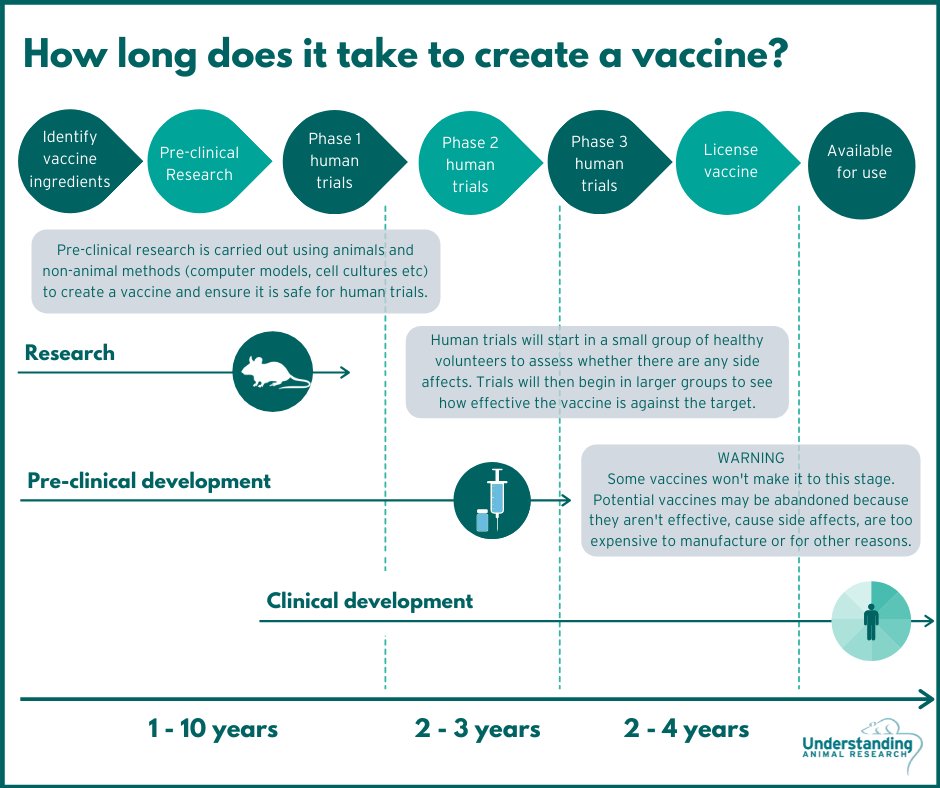
Especially at first, you might feel like you're nursing around the clock, which is normal. Soon enough, your baby will go longer between feedings.
How Long Does Nursing Take?
Newborns may nurse for up to 20 minutes or longer on one or both breasts. As babies get older and more skilled at breastfeeding, they may take about 5–10 minutes on each side.
How long it takes to breastfeed depends on you, your baby, and other things, such as whether:
- your milk supply has come in (this usually happens 2–5 days after birth)
- your let-down reflex (which causes milk to flow from the nipple) happens right away or after a few minutes into a feeding
- your milk flow is slow or fast
- the baby has a good latch, taking in as much as possible of your areola (the dark circle of skin around your nipple)
- your baby begins gulping right away or takes it slow
- your baby is sleepy or distracted
Call your doctor if you're worried that your baby's feedings seem too short or too long.
When Should I Alternate Breasts?
Alternate breasts and try to give each one the same amount of nursing time throughout the day. This helps to keep up your milk supply in both breasts and prevents painful engorgement (when your breasts overfill with milk).
You may switch breasts in the middle of each feeding and then alternate which breast you offer first for each feeding. Can't remember where your baby last nursed? It can help to attach a reminder — like a safety pin or small ribbon — to your bra strap so you'll know which breast your baby last nursed on. Then, start with that breast at the next feeding. Or, keep a notebook handy or use a breastfeeding app to keep track of how your baby feeds.
Your baby may like switching breasts at each feeding or prefer to nurse just on one side. If so, then offer the other breast at the next feeding. Do whatever works best and is the most comfortable for you and your baby.
How Often Should I Burp My Baby During Feedings?
After your baby finishes on one side, try burping before switching breasts.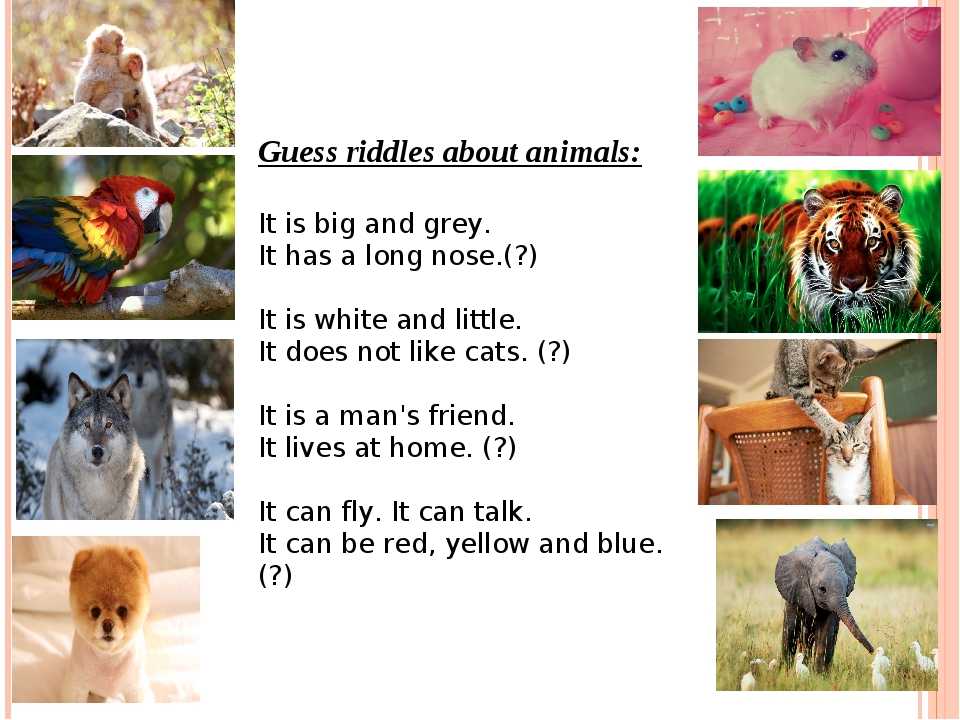 Sometimes, the movement alone can be enough to cause a baby to burp.
Sometimes, the movement alone can be enough to cause a baby to burp.
Some infants need more burping, others less, and it can vary from feeding to feeding.
If your baby spits up a lot, try burping more often. While it's normal for infants to "spit up" a small amount after eating or during burping, a baby should not vomit after feeding. If your baby throws up all or most of a feeding, there could be a problem that needs medical care. If you're worried that your baby is spitting up too much, call your doctor.
Why Is My Baby Hungrier Than Usual?
When babies go through a period of rapid growth (called a growth spurt), they want to eat more than usual. These can happen at any time. But in the early months, growth spurts often happen when a baby is:
- 7–14 days old
- 2 months old
- 4 months old
- 6 months old
During these times and whenever your baby seems extra hungry, follow your little one's hunger cues. You may need to breastfeed more often for a while.
How Long Should I Breastfeed My Baby?
That's a personal choice. Experts recommend that babies be breastfed exclusively (without formula, water, juice, non–breast milk, or food) for the first 6 months. Then, breastfeeding can continue until 12 months (and beyond) if it's working for you and your baby.
Breastfeeding has many benefits for mom and baby both. Studies show that breastfeeding can lessen a baby's chances of diarrhea, ear infections, and bacterial meningitis, or make symptoms less severe. Breastfeeding also may protect children from sudden infant death syndrome (SIDS), diabetes, obesity, and asthma.
For moms, breastfeeding burns calories and helps shrink the uterus. In fact, breastfeeding moms might return to their pre–pregnancy shape and weight quicker. Breastfeeding also helps lower a woman's risk of diseases like:
- breast cancer
- high blood pressure
- diabetes
- heart disease
It also might help protect moms from uterine cancer and ovarian cancer.
The child eats slowly! 4 councils of psychologists, consultations
Elena 08/18/2016
My child (4.6g) eats slowly, I don’t pay much attention to it, I think it will go away with time. ), and my child is still eating, which makes it hard for her later to join the already begun lesson ... How should I be, what to tell the child, what would she eat in the garden quickly (and not consider what is happening around), and already together with I started classes with everyone, so that I wouldn’t cause negative emotions either for eating, or for classes, or for the teacher? Thank you.
Similar question
Child 8 years old, eats slowly (1 answer)
Dear Elena!
The child does not need to say anything, to focus her attention on this. I, an adult, still have a "live" photo from kindergarten: several children are sitting at a table (including me) in the kindergarten, where everyone who eats slowly was gathered, apparently as a sign of special shame. To motivate me to quickly drink jelly with foam and soup with boiled onions floating in it (onions and foam just made me sick), they told me: "Your mother came for you, until you eat, you won't go to your mother." This is child abuse. at the expense of children, they cover up their inability to cook deliciously and not offer the child what he cannot stand, not force him to eat as much as he does not want to eat. Prepare yourself for the idea that all children are different, all have different types of neural activity, so no matter how much you tell your child: "Do it faster!", It will not work. I don’t see anything wrong with slow children (she herself is slow), they do it slowly, but carefully, carefully, unlike hurried ones. I would NOT pay attention to what the teacher says, understand that everyone always pursues their own goals, for example, I remember a conversation with a teacher when my son was in first grade, she convinced parents that, in order to achieve calligraphy, the child would write sticks in a notebook not 1 line, but several lines.
To motivate me to quickly drink jelly with foam and soup with boiled onions floating in it (onions and foam just made me sick), they told me: "Your mother came for you, until you eat, you won't go to your mother." This is child abuse. at the expense of children, they cover up their inability to cook deliciously and not offer the child what he cannot stand, not force him to eat as much as he does not want to eat. Prepare yourself for the idea that all children are different, all have different types of neural activity, so no matter how much you tell your child: "Do it faster!", It will not work. I don’t see anything wrong with slow children (she herself is slow), they do it slowly, but carefully, carefully, unlike hurried ones. I would NOT pay attention to what the teacher says, understand that everyone always pursues their own goals, for example, I remember a conversation with a teacher when my son was in first grade, she convinced parents that, in order to achieve calligraphy, the child would write sticks in a notebook not 1 line, but several lines.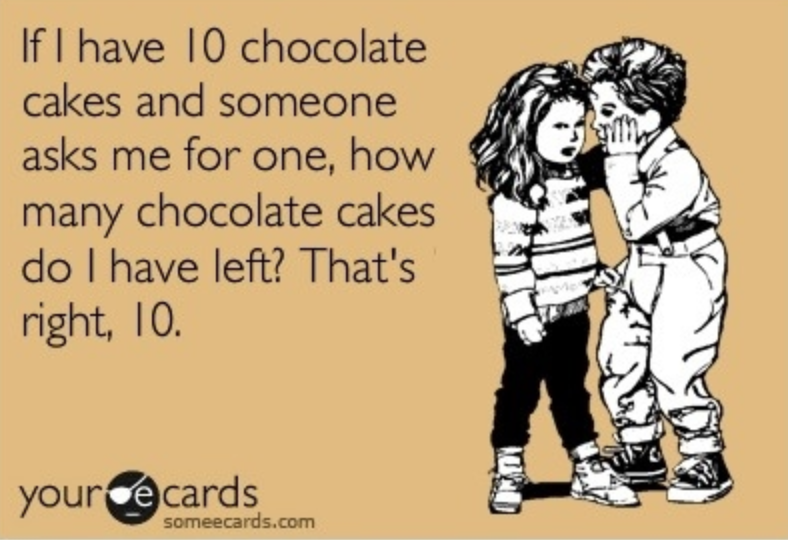 until it works out well. One sensible child psychologist asked me: "Mom, what do you want: to completely discourage the child from learning, so that he is nervous and unbalanced, or so that he can write as best he can, but be healthy?" I chose the second and realized for the rest of my life: it is important for a teacher to show off as many notebooks with beautiful letters as possible, this is an assessment of her teaching skills, and it is important for me, a mother, that my child be healthy and happy. If you rush your daughter, she will not become either healthier or happier. I want you to live with your mind. not succumbing to the frightening statements of other people.
until it works out well. One sensible child psychologist asked me: "Mom, what do you want: to completely discourage the child from learning, so that he is nervous and unbalanced, or so that he can write as best he can, but be healthy?" I chose the second and realized for the rest of my life: it is important for a teacher to show off as many notebooks with beautiful letters as possible, this is an assessment of her teaching skills, and it is important for me, a mother, that my child be healthy and happy. If you rush your daughter, she will not become either healthier or happier. I want you to live with your mind. not succumbing to the frightening statements of other people.
Sincerely, family psychologist,
Volzhenina Liliya Mikhailovna, psychologist Novosibirsk
Similar question
How to teach a child to eat little? (3 answers)
Dear Elena!
A child may eat slowly for various reasons.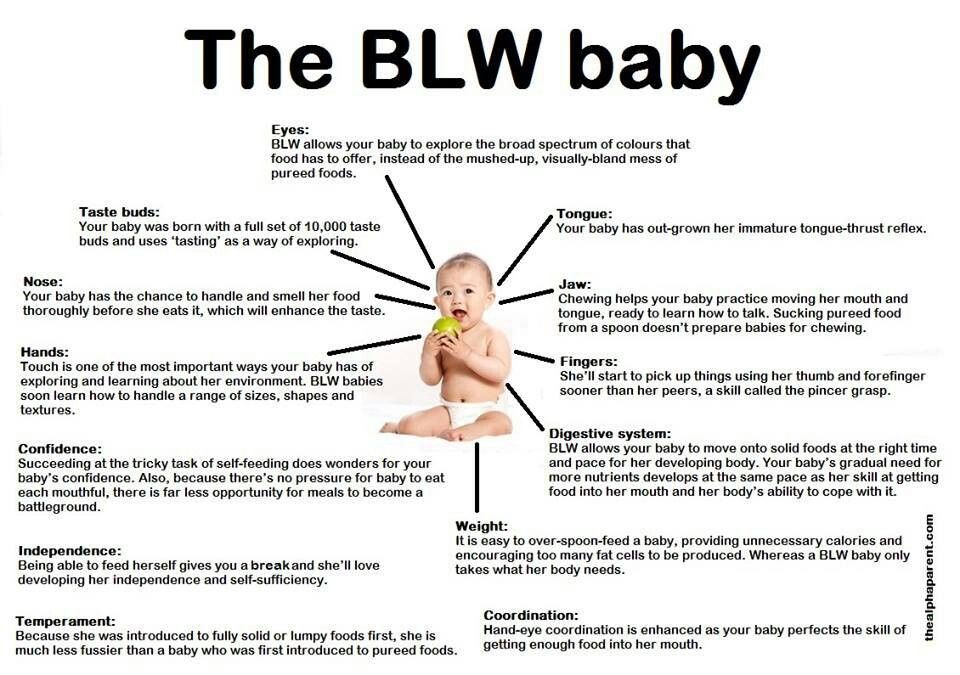 However, you mentioned in your letter a very important point : the daughter eats slowly, because is distracted , looking at everything around.
However, you mentioned in your letter a very important point : the daughter eats slowly, because is distracted , looking at everything around.
If your daughter eats slowly just because she is distracted by everything that happens around , then her attention is seriously disturbed. Most likely, it is difficult for her to concentrate not only on food, but on other activities, which in the future may become a serious problem for successful learning , despite even high mental abilities.
Difficult labor, hypoxia, prematurity, and other problems that may cause impaired attention should be treated by a neurologist who will select complex treatment . However, it is necessary to know that in order to overcome this complex problem, it will take at least two years of course treatment 2-3 times a year in order to overcome the uneven development of the brain , which is expressed in impaired attention, by school.
Even if after the first course you have improved, it is better to consolidate what has been achieved so that everything does not come back again. To do this, you, as a mother, will have to show a certain perseverance in search of a qualified specialist.
If you have the opportunity, you can examine your child to clarify the real cause of attention deficit . For example, it is very important to do an ultrasound of the vessels of the brain and vessels of the neck, as well as an MRI or X-ray of the cervical spine. Since a common cause of birth injuries that cause poor academic performance, emotional instability, impaired attention, memory and hyperactivity, is the instability of the cervical vertebra and other cervical problems.
If attention problems are not treated in time (approximately from 3 to 7 years old), then there is a high probability that the child will not be interested in learning or he will not have sufficiently developed responsibility for his actions in the future.
If your daughter eats slowly due to the fact that she was fed by adults until this age, and she does not have independence skills , then you will have to apply pedagogical techniques and seek advice from a psychologist.
You should also clarify whether the child has any fears that may be the reason for her unwillingness to eat on a par with others in terms of speed. Then you will need child psychologist psychotherapy .
You can ask for a Skype consultation!
I wish you success!
Rimma Dyusmetova, member of the European Association of Psychotherapists Chelyabinsk
Similar question
After what he saw, the child stopped eating (2 answers)
Hello Elena. First you need to figure it out and find the reason why the baby eats slowly. And there may be several reasons ... Perhaps the kindergarten cooking is not to your liking (or a certain dish), so he sits and "pokes around". Ask the child if this is true, whether they like the food in the garden or not. In this case, it is not necessary to force to eat and press if the baby does not want to. And perhaps the portion for the child is too large, he cannot cope with such a volume. Then if he doesn't want to, let him not eat.
Ask the child if this is true, whether they like the food in the garden or not. In this case, it is not necessary to force to eat and press if the baby does not want to. And perhaps the portion for the child is too large, he cannot cope with such a volume. Then if he doesn't want to, let him not eat.
Also ask the teacher how much time they spend on eating. If less than 15 minutes - there is nothing to sin on the child. Yes, there are babies who can eat like soldiers in the army in 5 minutes, but in most cases it takes more time to thoroughly chew. "He who chews longer - he lives longer," says folk wisdom. In addition, it happens that the soup is served hot enough, so the baby is waiting for it to cool down. Another possible reason for slow eating: the child is overly inquisitive or distracted, constantly distracted by interesting things around and extraneous stimuli, has impaired attention. Educators should organize the meal so that nothing distracts the child. If a talkative neighbor - transplant to another table. You can also consult a psychoneurologist if there are any physiological causes of impaired attention, and if you need to undergo treatment.
You can also consult a psychoneurologist if there are any physiological causes of impaired attention, and if you need to undergo treatment.
Some children who are accustomed to overprotection at home are constantly waiting for the help of adults during all routine processes - when dressing, bathing, folding toys. Maybe your child is waiting for a nanny or caregiver to feed him? At the age of your child, it is better not to practice this, he should already be eating on his own.
But most likely, the reason for slow food is hidden in the child's personal characteristics, in the type of his temperament. If he is phlegmatic, slow by nature, then it is extremely difficult to make him accelerate. Try to teach your child to control time on their own and manage to do what they have planned, keeping within the allotted time period. How to teach a sense of time to a preschooler? Use the hourglass. Put them in front of the baby, for example, when he needs to collect toys, eat, get dressed. While the sand is pouring, the child must have time to cope with the task. So gradually the baby begins to feel the time. If the task is large, give the opportunity to complete it within 2 turns of the hourglass. But try not to offend the child, not to call offensive words like "kopush" - this will only aggravate the situation! Good luck!
While the sand is pouring, the child must have time to cope with the task. So gradually the baby begins to feel the time. If the task is large, give the opportunity to complete it within 2 turns of the hourglass. But try not to offend the child, not to call offensive words like "kopush" - this will only aggravate the situation! Good luck!
Khamula Natalia Petrovna, psychologist, Tiraspol
Similar question
The child is afraid to eat (2 answers)
hello. Elena. If a child eats slowly so often that it becomes his symptom, then we are talking about his lack of ability to live here and now. That is, his mouth chews, and his thoughts are elsewhere. This indicates that that the child has not been understood for a long time (most likely at home). His parents do not respond to his current needs for months or years. And the child begins to isolate himself from the current life. Since any child, if his interests are not responded to, leaves reality into your dreams. And he lives in them. Because close adults are losing trust. I think it is important for you to consult an analyst in a live consultation on the subject of revision of the upbringing of the child. And if shortcomings are found, recommendations will be given. Correcting mistakes can take up to a year for a new relationship.
And he lives in them. Because close adults are losing trust. I think it is important for you to consult an analyst in a live consultation on the subject of revision of the upbringing of the child. And if shortcomings are found, recommendations will be given. Correcting mistakes can take up to a year for a new relationship.
Karataev Vladimir Ivanovich, psychotherapist-psychoanalyst Volgograd
Similar question
The child does not eat in kindergarten (2 answers)
Tips by categoryMoneyChildren---Pregnancy and childbirth---Preschoolers---Teens---Schoolchildren---Addictions---Alcoholic---Love---Drugs---Nicotine Health---Healthy lifestyle---Oncology- ---PsychosomaticsInteresting---Art---Fulfillment of desires---Society---ReligionsBeauty and appearance---Rules for weight lossCrises---Age crises---Crisis in the family---Personal crisis About death---Suicidal behaviorRecreationRelationships- --- Friendship---Conflicts and quarrels---Love---LonelinessEating behavior---Anorexia---BulimiaPsychology and psychologistsWork, business, career---Choice of profession---Conflicts at workSelf-knowledge---Goal setting-- -Self-EsteemSexFamily---Adult children and parents---Cheating---DivorceSleep and dreamsFears and phobias---Panic attacks---Anxiety, anxious statesStress and depression---Psychological traumaEmotions and feelingsI and psychologist---How to choose a psychologistOther
See also
Why does the child constantly eat? 2540 2 answers
My child eats a lot 2056 2 answers
Feelings fade away 1872 1 answer
How to properly inform a person about your decision? 16891 answer
All advice from psychologists
Ask a psychologist a question
When a child eats very slowly.
 ...: malyshi — LiveJournal ?
...: malyshi — LiveJournal ? - Children
- Food
- Cancel
I have such a situation. Daughter is 4 years old. I am a very liberal mother, I almost never scold my daughter. Well, I broke a cup, you have to be more careful, smeared your mother's carcass - daughter, you can’t do this, mom doesn’t like it. I didn’t remove the toys - well, we’ll wait as long as necessary until you remove them ..... somehow the educational process goes on without tears and breakdowns, except for one “but”.
Daughter eats terribly slowly. Can chew porridge for 5 minutes one spoon. You can put it in your mouth and forget to chew.
 She can chew food for so long that I have already eaten a bowl of soup, and she still has not swallowed the second spoon. And this just pisses me off, completely. All the time I catch myself on the fact that I have to adjust: chew, swallow, the next spoon, well, as much as possible, come on, do not be distracted. chew, swallow. Moreover, this is not from the series, the child does not eat well. She eats very well. Just very, very slow. And then she herself gets tired by the end, I allow not to eat up (why both of us suffer like that), and after half an hour she starts asking for pieces - that is, didn't eat then.
She can chew food for so long that I have already eaten a bowl of soup, and she still has not swallowed the second spoon. And this just pisses me off, completely. All the time I catch myself on the fact that I have to adjust: chew, swallow, the next spoon, well, as much as possible, come on, do not be distracted. chew, swallow. Moreover, this is not from the series, the child does not eat well. She eats very well. Just very, very slow. And then she herself gets tired by the end, I allow not to eat up (why both of us suffer like that), and after half an hour she starts asking for pieces - that is, didn't eat then. Why do I dislike this situation so much? Firstly, because the food in the plate cools down when she has not even eaten half. Secondly, we eat in the living room. I went - and I do not want to sit at the table with her - to wait for her. But if I'm not with her to the end - the food can drag on forever (no one is above the soul). She taught her to eat fast, ate at the same time on a spoon, in principle, it can, but it doesn’t “stick” to her.
 Leave her - she won’t eat even half, not because she doesn’t want to or doesn’t climb, but simply gets tired of herself, gets tired of sitting at the table for so long, But quickly - well, she can’t. Well, for example, ice cream is very fast.
Leave her - she won’t eat even half, not because she doesn’t want to or doesn’t climb, but simply gets tired of herself, gets tired of sitting at the table for so long, But quickly - well, she can’t. Well, for example, ice cream is very fast. I sometimes break down, swear, like "if you don't learn to eat quickly - I'll tell Santa Claus." She is crying, trying, but she can't...
Tell me, what is being done with it, how is it treated? Why kids eat slowly is one of the things they should still learn in life - eat fast, or it's purely personal, and don't break your computer and worry about it. And if the latter is what to do with cooling food, with what you want to remove from the table and go about your business .. well, in general. who coped with this problem as worthy of those who had / have it?
Tags: how are you?/tryndet
Subscribe
-
Rinofluimucil and alpizarin three-year-old
Hello everyone! I want to consult on the appointment of a pediatrician for my daughter.
 Sick since Saturday, conjunctivitis and colds, the temperature on the first day is 38.5, on ...
Sick since Saturday, conjunctivitis and colds, the temperature on the first day is 38.5, on ... -
Ideas for a Halloween party
There was a desire to invite the girlfriends of her daughter, who is 3.5 years old, and arrange a holiday for the children. Girlfriends 3, 5 and 4.5. Until it came to mind ...
-
A quick question about Roseola
Good afternoon! A 3-year-old child had a sharp rise and a high temperature (39 and above) for three days. No other symptoms (runny nose, cough, sore throat…
Photo
Hint http://pics.livejournal.com/igrick/pic/000r1edq
Previous
← Ctrl ← Alt
- 1
- 2
- 3
Next
Ctrl → Alt →
-
Rinofluimucil and alpizarin three-year-old
Hello everyone! I want to consult on the appointment of a pediatrician for my daughter.





